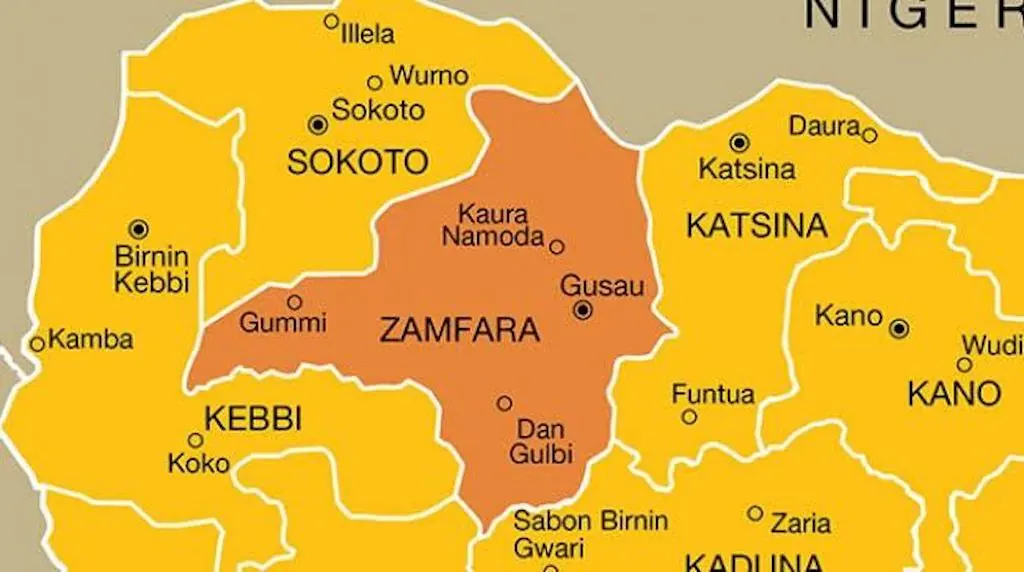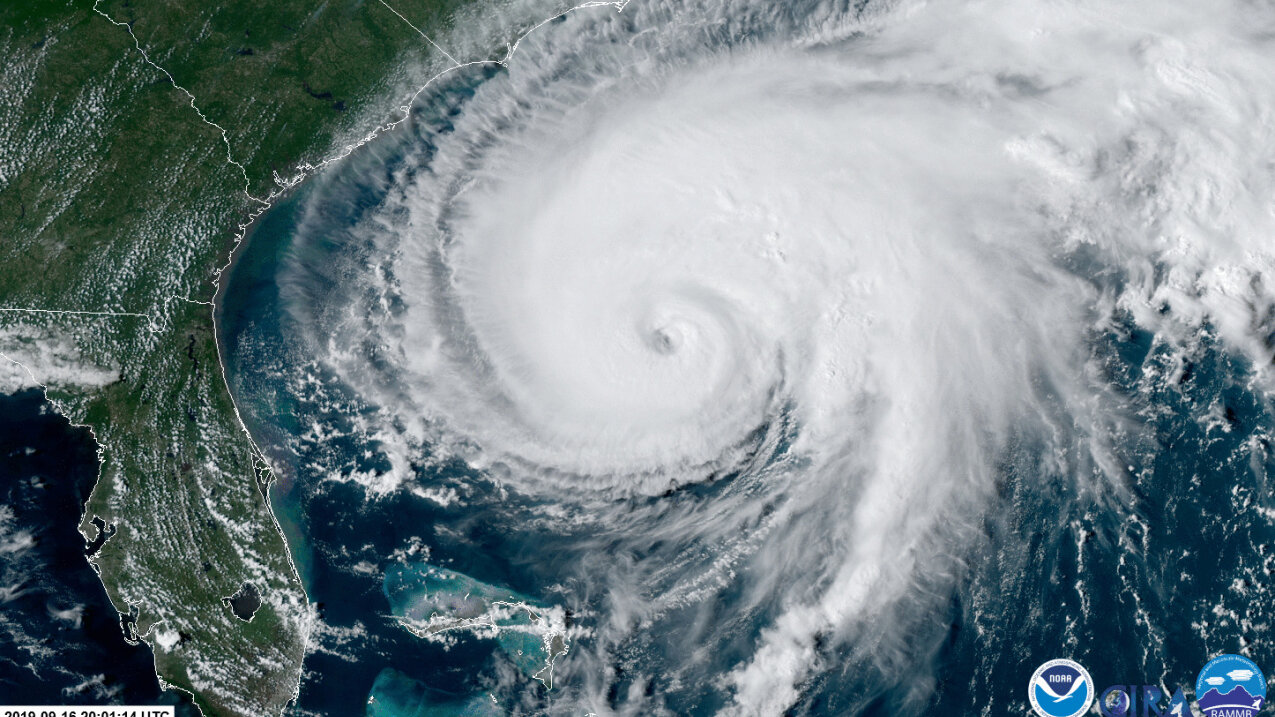The Federal Government alarm over impending flood
The flood alert issued the other day by the federal government on 30 states in the country is a proactive measure aimed at sensitising Nigerians to what has become a yearly tragedy, often taking dozens of lives and destroying properties, farmlands and livestock worth billions of naira.
However, it is important for the government at all levels to follow up practically with concrete measures to, as much as possible, prevent or reduce the massive dislocation that usually accompanies the flooding. It is not enough to ask vulnerable communities and people to relocate; to where?
Sometimes the level of flooding is difficult to predict, as happened last year when the Alau Dam collapsed in Borno State and sent massive flooding across the adjoining states. Neither is it adequate for the government to rely on huge budgetary allocations already made for flooding. These measures do not prevent untimely deaths or stop the devastation, but in fact should be the primary focus of the government, in addition to educating and enlightening the public on how to handle the flood when it eventually occurs.
The Federal Government, through the Minister of Water Resources and Sanitation, Joseph Utsev, unveiled the 2025 Annual Flood Outlook. The flood alarm indicated that 1,249 communities in 176 local government councils in 30 states, including Abuja, are prone to flooding. The minister, through the Nigeria Hydrological Services Agency, identified the high flood-risk states as Abia, Adamawa, Akwa Ibom, Anambra, Bauchi, Bayelsa, Benue, Borno, Cross-River, Delta, Ebonyi, Edo, Gombe, Imo and Jigawa. Others are Kebbi, Kogi, Kwara, Lagos, Nasarawa, Niger, Ogun, Ondo, Osun, Oyo, Rivers, Sokoto, Taraba, Yobe, Zamfara and Abuja.
The warning is significant because the seemingly interminable annual occurrence of flooding in Nigeria is yet again lurking at the corner with the emergence of the rainy season. Flooding around the world comes with collateral damage and the destruction of lives and property. Over the years, flooding has remained one of Nigeria’s most frequent and devastating natural disasters, particularly in the coastal and riverine areas. With climate change accelerating its frequency and severity in the world today, urbanisation and poor environmental practices have equally has majorly intensified the impact of flooding in the country in recent times.
Indeed, it is no longer news that Nigeria experiences flash floods and high rainfalls between April and October yearly, but the news is the sad commentary that follows its destructive effect. Last year, the country witnessed a catastrophic flooding, due to the collapse of the Alau Dam in Borno State after weeks of relentless rainfall causing one of the most severe humanitarian crisis in which thousands of residents were displaced. It is disheartening that the government has done too little to alleviate people’s suffering, as most of the affected citizens are yet to recover from the flood’s effects.
The minister’s information is timely and commendable. But what is the need if after raising the concerns and identifying areas to be affected by flooding government went back to ‘sleep’ and inactive when the flood occurs. Of course, if nothing tangible is done to mitigate the effect of the impending floods, it would appear that government of the day seems to be more interested in rhetoric than tackling challenges squarely. It would also illustrate the fact that the current government is still caught in the web of unpreparedness and inadequate value placed on safety of its citizens, over a clear and visible annual danger that threatens the people’s health, economic and development growth.
According to reports, the 2024 flooding affected over 1.3 million people across 34 states in the country. It resulted in the untimely deaths of about 320 people with massive destruction of homes and infrastructure. Of course, agriculture is not spared as the flood destroyed over 1.5 million hectares of cropland. This singular occurrence has further impoverished over 40 per cent of the population that lives below the poverty line, as food insecurity is exacerbated. Along with the cases of herders/farmers clashes, killings and kidnapping across the country, the challenges of food insecurity are further heightened.
No doubt, flooding is a veritable hazard. It creates discomfort, leading to the displacement of communities and degradation of virtually all household items in affected areas. Flooding causes health problems and heightens the risk of waterborne diseases like cholera, as well as reduces crop and livestock yields in the affected areas.
To cushion the effect of flooding, the minister announced a pilot scheme using Kogi and Jigawa states to kick-start the National Flood Insurance Programme (NFIP). The initiative is meant to protect vulnerable households, farmlands and livestock. Also in the minister’s kitty, is the Niger flood project, a transformative flood control and river management effort channelled between Lokoja and Bayelsa. The aim is to target improved navigation, irrigation, hydropower and ecotourism.
Irrespective of these laudable programmes, flooding challenges may persist as the government at all levels seems to lack the zeal to provide an effective urban drainage system. It is equally worrisome that, in places where they exist, the drainages are often blocked by waste due to poor waste management practices. The government’s inaction to control the rapid urbanisation leading to development without proper planning has been aiding flooding, as buildings stand on natural waterways and floodplains, obstructing the flow of water naturally. Again, the government must keep pace with its promise to reconstruct the Alau Dam on or before 2027, as targeted to prevent future disasters and improve water management.
Flooding may remain a major environmental challenge in Nigeria, with far-reaching consequences on lives, livelihoods and national development if ecological funds are not judiciously used. Therefore, tackling the challenges requires a combination of government at all levels to take positive actions, enforce cleanliness and encourage community participation and sustainable development practices.
As the country continues to face the realities of climate change and urban expansion, proactive steps must be taken to build resilience and reduce vulnerability to flooding. Indeed, with collective effort and discipline, Nigeria can reduce the devastation caused by floods and safeguard its citizens and resources.













